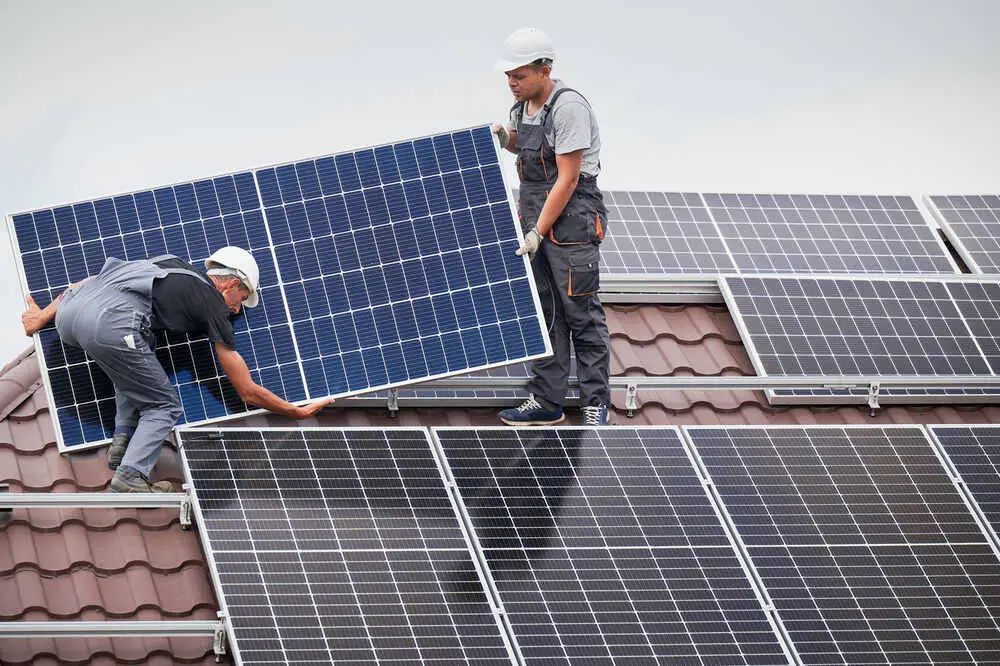Solar generators have become an increasingly popular choice for those seeking renewable and efficient power solutions. They provide a clean alternative to traditional generators and offer a sustainable way to generate electricity. But how exactly do solar generators work? Here’s an overview of their main components and how they function.
1. The Basics of Solar Power
Solar generators capture energy from the sun to generate electricity. The process begins with the collection of sunlight, which is then converted into usable electrical power. This is accomplished through a coordinated series of components working together.
2. Key Components of a Solar Generator
Solar Panels:Solar panels, or photovoltaic (PV) panels, are the primary component responsible for capturing sunlight. They contain solar cells that convert sunlight into direct current (DC) electricity through the photovoltaic effect.
Charge Controller:The charge controller regulates the amount of electricity flowing from the solar panels to the battery. It ensures that the battery is charged efficiently and prevents overcharging, which can extend the battery’s lifespan.
Battery Storage: The battery stores the DC electricity generated by the solar panels. This stored energy can be utilized when sunlight is unavailable, such as during the night or on cloudy days. The capacity of the battery determines how much energy can be stored for future use.
Inverter: The inverter transforms the DC electricity stored in the battery into alternating current (AC) electricity. Most household appliances and electronics use AC power, so the inverter is crucial for making the stored energy usable for everyday needs.
Distribution System: The distribution system manages the flow of electricity from the inverter to your home or other connected devices. It ensures that power is directed where it is needed and can include features like power outlets and wiring.
3. The Solar Generation Process
- Sunlight Collection: Solar panels capture sunlight and convert it into DC electricity.
- Electricity Storage: The DC electricity is sent to the battery storage system through the charge controller, where it is stored for later use.
- Power Conversion:When needed, the DC electricity is converted into AC electricity by the inverter, making it suitable for powering household appliances.
- Power Distribution: The AC electricity is then distributed through the home’s electrical system, powering devices and appliances as required.
4. Benefits of Solar Generators
Renewable Energy Source:Solar generators use the sun’s energy, which is a renewable and inexhaustible resource. This decreases dependence on fossil fuels and contributes to reducing carbon emissions.
Energy Independence:With a solar generator, you can generate your own power and reduce dependence on the grid. This is particularly beneficial in remote locations or during power outages.
Cost Savings:While the initial investment in solar technology can be significant, it often leads to long-term savings on energy bills. Solar generators can reduce or eliminate electricity costs over time.
Environmentally Friendly: Solar generators produce clean energy with no harmful emissions, making them an eco-friendly option for power generation.
5. Considerations for Solar Generators
Installation:Proper installation of solar panels and other components is essential for optimal performance. Professional installation guarantees that the system is installed properly and operates efficiently.
Maintenance: Regular maintenance, such as cleaning the solar panels and checking battery health, helps ensure the longevity and effectiveness of your solar generator.
Battery Life: The lifespan of the battery affects the overall performance of the solar generator. Choosing a high-quality battery and monitoring its condition can prevent unexpected power shortages.
Conclusion
Solar generators provide a sustainable and efficient method for generating power by utilizing the sun’s energy. Understanding how they work and the benefits they provide can help you make informed decisions about integrating solar technology into your energy solutions. Whether for home use or emergency backup, solar generators are a versatile and eco-friendly choice for modern power needs.
For more information on solar generators and how they can benefit you, contact JMR Electric Group today!


